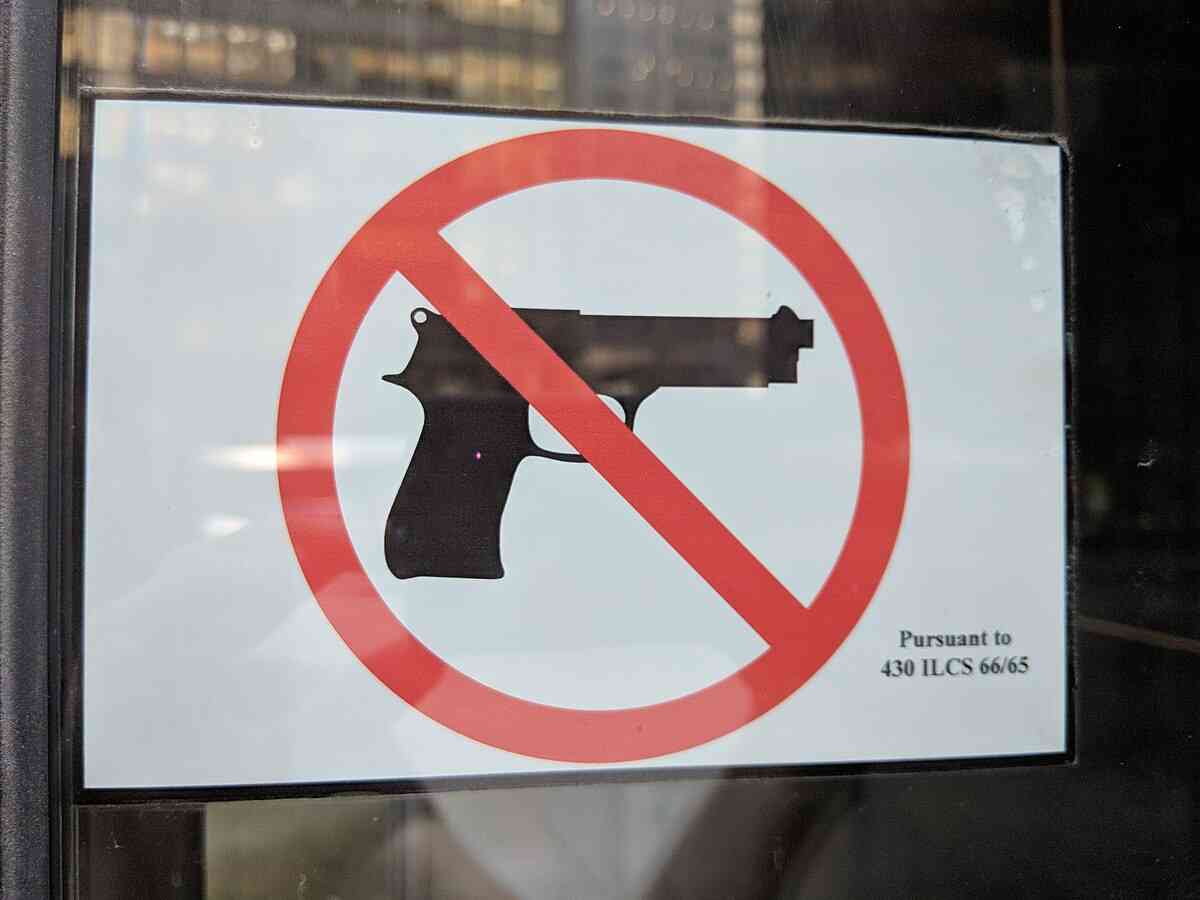New Firearms Prohibition Orders will make it illegal for gangs and organised crime networks to own or use guns.
A second law change will mean the assets of people involved with organised crime can be seized, in situations where the asset is likely unaffordable with a person’s above-board income. Both bills will be introduced to Parliament by the end of 2021, with a public consultation process.
The SMC asked experts to comment on the news.
Professor Alexander Gillespie, Professor of International Law, University of Waikato, comments:
“The idea of Firearms Prohibition Orders, from certain high risk people, makes good sense. With gang members, we know that this group is responsible for about 5% of all crime, and within the category of violence some 6.85% are over-represented (2018-2021 data). Accordingly, it is wise to focus carefully upon this particular group.
“The criteria outlined by the bill – being in the public interest, that the person is a member of a gang, and has been convicted of an offence under the Arms Act, an offence under the Domestic Violence Act 1995, or a serious violent offence – adds useful thresholds for the prohibition order to kick in. The debate will be, whether these thresholds should apply, irrespective of whether a person is a gang member, or not.
“With the other law to be amended – the Criminal Proceeds Recovery Act – the intentions sound similar to the original piece of legislation that came out under the John Key government. Either way, this is a good law (and has netted over $1 billion since its start, as noted in the media release), and if it can be refined further, that also will be a useful advance.”
No conflict of interest.
Dr Armon Tamatea, Senior Lecturer in Psychology, University of Waikato, comments:
“The FPOs may increase legal sanctions for firearm possession and limit the number of places that a person may visit, but they won’t necessarily impede the flow of firearms to the wrong hands.
“The introduction of this law could mean increased public safety by limiting the circulation and presence of firearms in communities. However, targeting firearms alone doesn’t target crime or the causes of offending behaviour.
“The focus on gangs obscures more urgent social issues such as the brokenness of many of the communities from where these groups come from.
“Given the public fears of gun violence and street crime, as well as the negative press that gangs receive in the media, I can see wide public support for this bill.”
No conflict of interest
